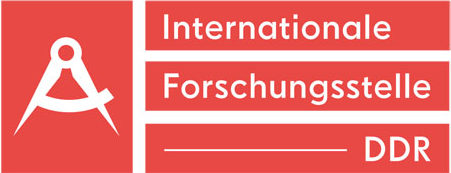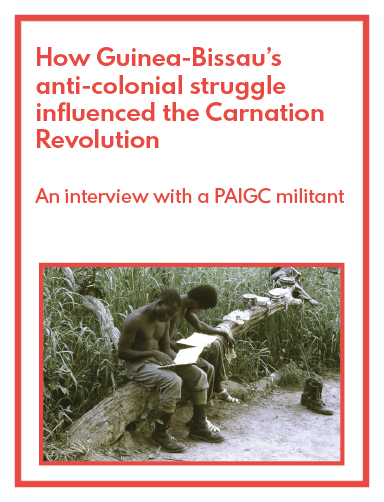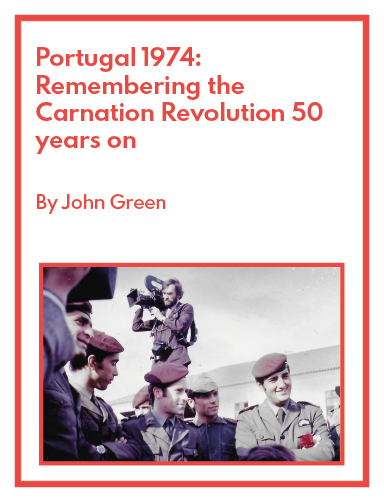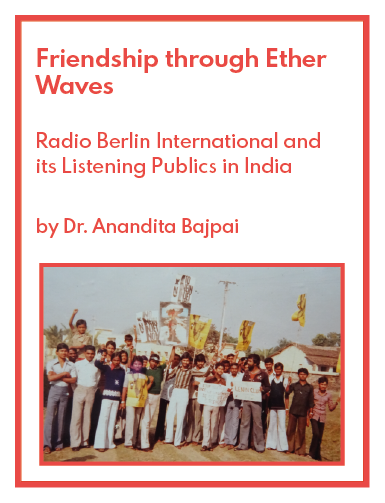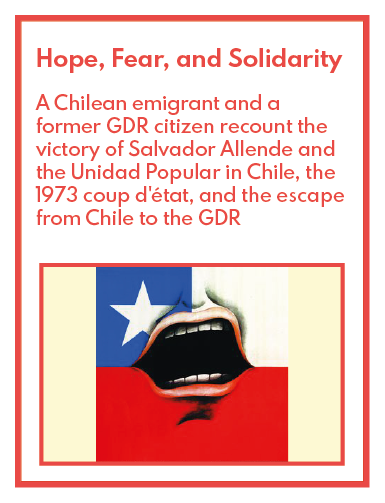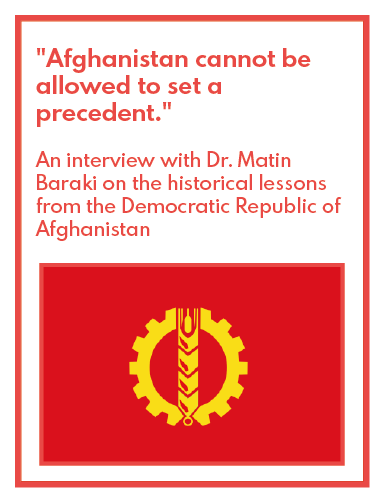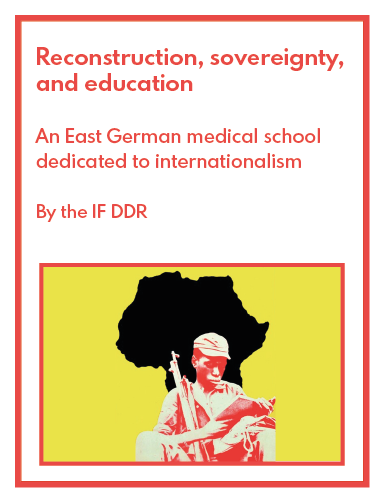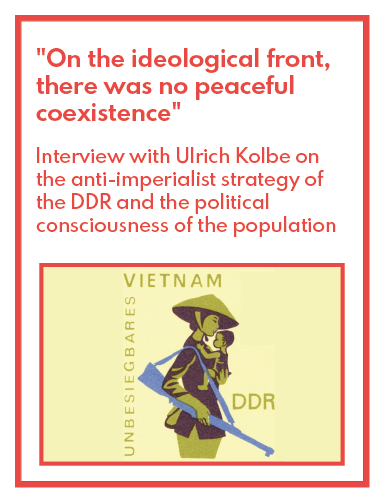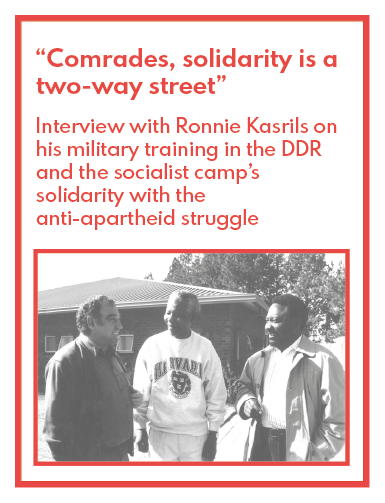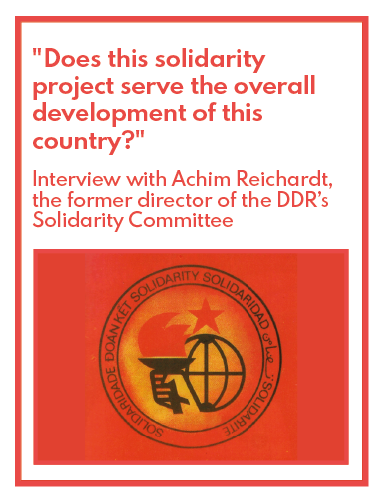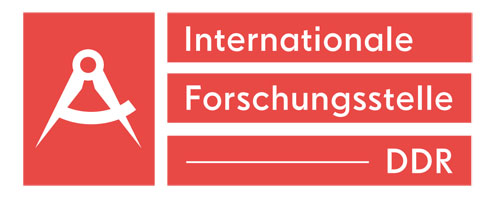Interview: How Guinea-Bissau’s anti-colonial struggle influenced the Carnation Revolution
25 April 2024 Mamadu during our interview in February 2023. Born in the mid-1950s, Mamadu grew up in Guinea-Bissau’s coastal region of Tombali under the long shadow of Portuguese colonialism. As a child, he witnessed Portuguese raids on his family’s village and the armed resistance of the Partido Africano para a Independência da Guiné e Cabo Verde … Read more
